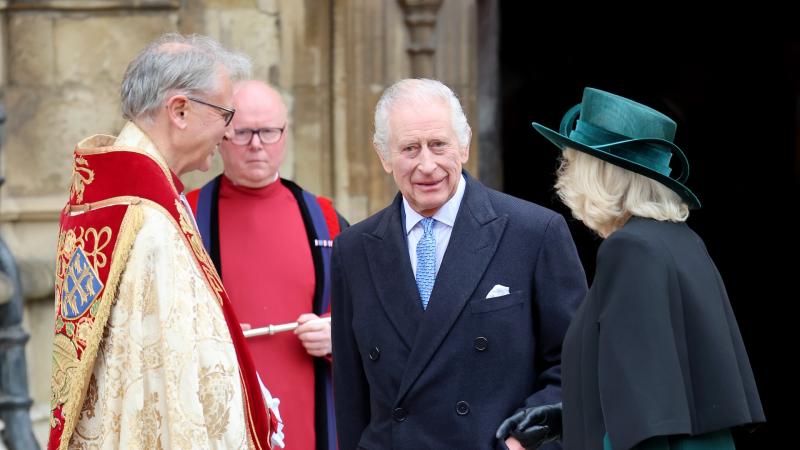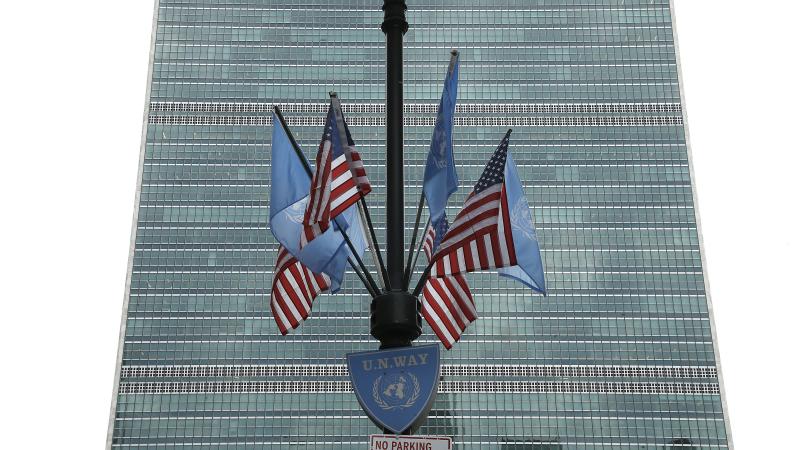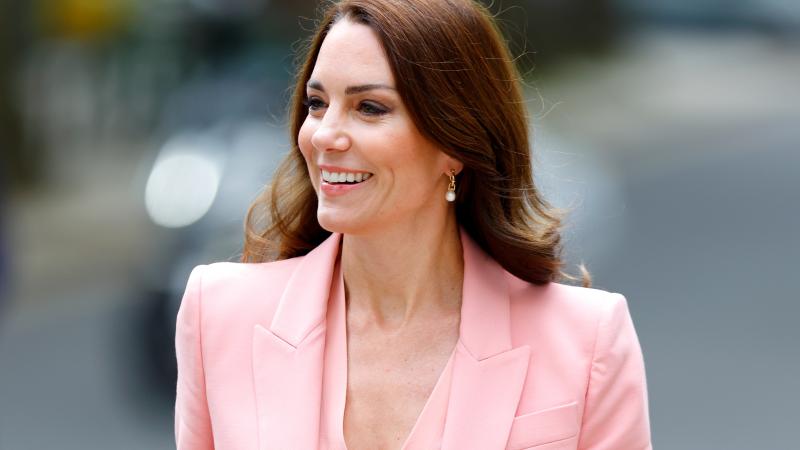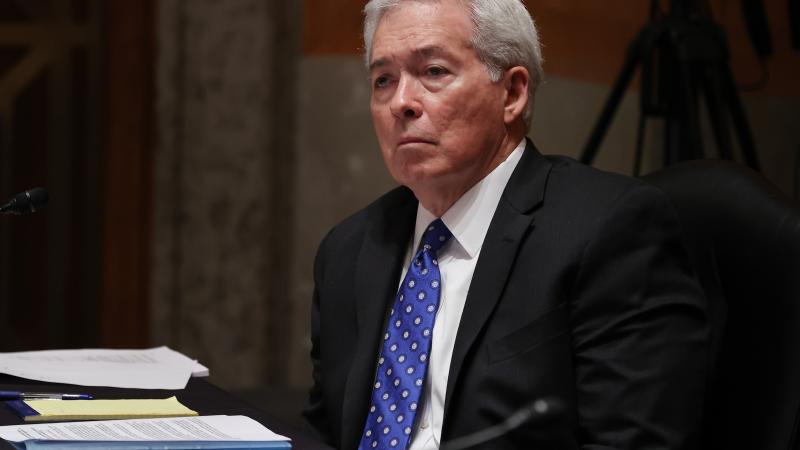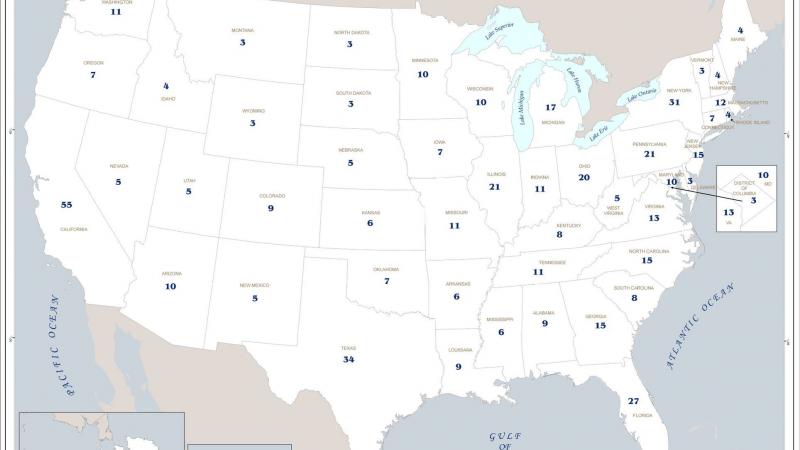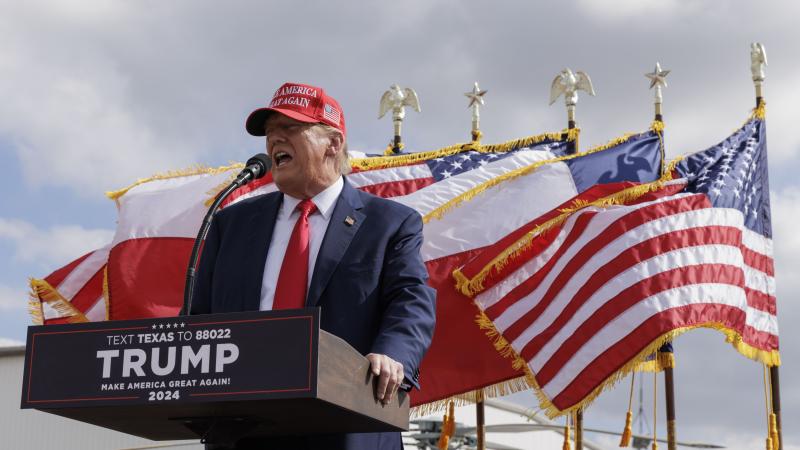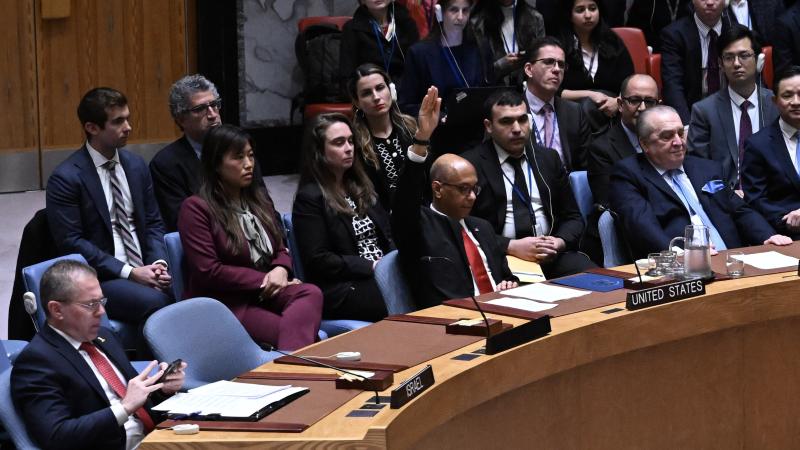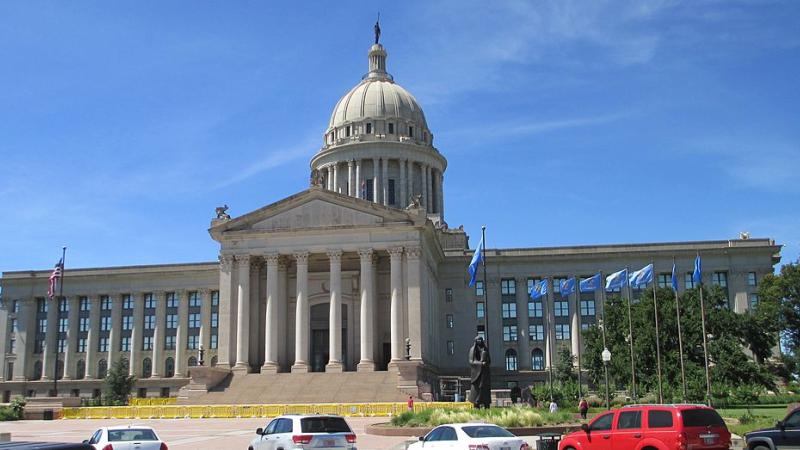Contrasting views from UK: Farage condemns Capitol siege; PM Johnson condemns Trump
European electoral observers called the U.S. election "competitive and well managed" but faulted the Republican Party for causing a "great deal of legal uncertainty" by challenging new voting procedures adopted as a result of the COVID crisis.
Leading Brexiteer and Donald Trump supporter Nigel Farage was quick to condemn those who illegally entered the U.S. Congress building. As it was happening he tweeted: "Storming Capitol Hill is wrong. The protesters must leave."
Boris Johnson also condemned the intruders. He tweeted, "The United States stands for democracy around the world, and it is now vital that there should be a peaceful and orderly transfer of power."
But the prime minister went further and placed some responsibility for the incursion on Mr Trump. At a Westminster briefing, he told BBC political correspondent, Alex Forsyth, "…in so far as he encouraged people to storm the Capitol, and in so far as the president has consistently cast doubt on the outcome of a free and fair election, I believe that was completely wrong."
His views were shared by Home Secretary Priti Patel MP, who said: "He basically has made a number of comments yesterday that helped to fuel that violence, and he didn't actually do anything to deescalate that whatsoever ... what we've seen is completely unacceptable."
German Chancellor Angela Merkel echoed Mr Johnson’s view that the election results should never have been questioned. She said: "I regret very much that President Trump has not acknowledged his defeat since November and also again not yesterday. Doubts about the election outcome were stirred and created the atmosphere that made the events of last night possible."
In the German leader's opinion, American citizens are only questioning the integrity of the electoral ballot because their president told them to. Boris Johnson also felt it was wrong to cast doubt on the outcome of what he defended as a "free and fair" election.
These leaders' views parallel those in a report drawn up by electoral observers from the Organization for Security and Cooperation in Europe (OSCE), which claimed, "Baseless allegations of systematic deficiencies, notably by the incumbent president … harm public trust in democratic institutions."
The report called the U.S. election "competitive and well managed," but faulted the Republican Party for causing a "great deal of legal uncertainty" by challenging new voting procedures adopted as a result of the COVID crisis.
The observers wrote, "Voter registration and identification rules in some states are unduly restrictive for certain groups of citizens." According to the OSCE special coordinator, Michael Georg Link, "Making sure that every vote is counted is a fundamental obligation for all branches of government."
That many of the "new voting procedures" are alleged to be unconstitutional was overlooked in the report, as they have been by many U.S. authorities.
The OSCE report supported the Democratic Party's controversial electoral reforms by demanding “every vote is counted” rather than registered and checked, which it deemed "unduly restrictive."
This has also been the position of major media platforms in the U.K. Both the BBC and Sky News have consistently described fraud claims as "baseless" and "unsubstantiated."
They have ignored video evidence and over a thousand affidavits of voting irregularities signed under oath and dismissed the fraud allegations as Trump sour grapes.
Prime Minister Johnson speaking at a Downing Street briefing welcomed the certification of Joe Biden’s electoral victory and affirmed "democracy has prevailed."
Nigel Farage acknowledged that Joe Biden would be the next president soon after the election results were in, stating, "Realistically it is unlikely that the result of this election will change."
Farage has his own experiences of suffering at the hands of the establishment, and disappointed Republicans may notice some similarities.
Back in 2015, in a small constituency in Kent called South Thanet, he had a 9% lead in the polls to become its member of Parliament. Yet when the votes were counted, he found out he had lost.
His UKIP party had just won the Thanet district council elections with an almost 8,000 lead over the Conservatives, yet in this parliamentary election he lost to them by around 3,000 votes. People apparently voted for the party but rejected its charismatic leader, an apparent incongruity that will have resonance for many observers of the 2020 U.S. presidential election.
The results were announced around seven hours later than usual. The reason given was the challenge of verifying the unusually high amount of postal votes, but it is also alleged that boxes of votes mysteriously went missing for over six hours.
Rather than challenge the result he fulfilled his previous pledge to resign as the UKIP leader if he lost — but he never lost focus on his larger goal, which was to deliver Brexit. In November 2018, he formed the Brexit Party and just months later it managed, ironically, to become the biggest single party in the European Parliament.
Its real success, however, was to influence the direction of the Conservative Party. Boris Johnson and the Conservative Party owe their current large majority to their decision to deliver Mr. Farage's Brexit dream.

